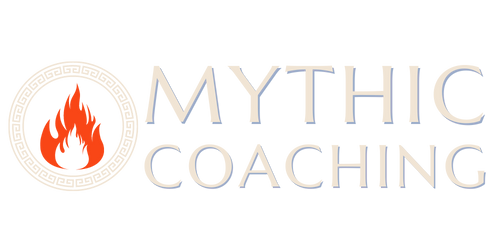In October 2013, The Smithsonian Institute included Wonder Woman #1, published by DC Comics in 1942, in its list of “101 Objects that Made America”. Other items included Thomas Edison’s electric lightbulb, Alexander Graham Bell’s first telephone, and the atomic bomb—placing the Amazon princess among extraordinary company. No other superheroes or comics made the list.
Wonder Woman has arguably made greater real-world impact than any other literary character in modern history. Beyond mere fan appeal, she has inspired generations of women around the world to grow beyond their perceived limitations and venture further into the man-ruled world, transforming it as they do.
Since her inception, Wonder Woman has been adopted as an icon by people seeking a voice, most notably the feminist movement and the LGBT community. Perhaps more than any other character, it is her nature to combat the patriarchal power structures from which she emerged. Examining her history as a fictional character, cultural artifact, and commercial product, and the ever-changing societal role she has played for over 75 years, can offer insight into the intersection of gender and power.
Wonder Woman owes much of her success to the American political landscape at the time of her first appearance. She would likely never have achieved success if not for the specific conditions that characterized World War II America. Though the 1940s comics were written primarily for children, a substantial number of adults also read them.
With the bombing of Pearl Harbor, life changed abruptly. Mobilizing the nation for war required women to step beyond their roles as wives and mothers to enter the workforce, taking jobs traditionally held by men. Homemakers became mechanics, builders, and factory workers. Their leap from the domestic sphere into making their own way in the world paralleled Wonder Woman’s story. Like the Amazon princess who left Paradise to aid the Allied Powers in their time of need, so did American women leave the familiar comfort and safety of their homes. Wonder Woman provided a perfect role model for girls and women just when they needed her most.
In the United States, Wonder Woman adopted the secret identity of Diana Prince. In the same way American women had to reimagine their identities for the workplace, Princess Diana became an army nurse and a secretary for the War Department. By applying the same trained memory, dexterity, intellect, and iron will that made her a superhero, she also proved to be a formidable working woman to pay her bills.
Wonder Woman’s early stories frequently involved urging other women to join the workforce. In doing so, she not only encouraged them to support the war effort, but more importantly, to empower themselves by becoming financially independent instead of reliant on men to provide for them. Wonder Woman demonstrated the untapped potential of women who were (and still are) often encumbered by men’s oppressive influence. In story after story, she taught mortal women how to transcend their perceived limitations.
Since her inception, the Amazon princess has continued to empower girls and teach boys to respect powerful women. This battle for feminine empowerment has not been easy, however. Patriarchy is deeply entrenched, and systemic power does not easily give itself up. It fights to protect its dominance. To this end, Wonder Woman has been objectified, defamed, de-powered, and perhaps most insultingly, ignored by men and women alike. But still she stands.
When I started speaking and writing about her in 2011, relatively few people knew or cared much about Wonder Woman. Since that time, however, interest in Princess Diana of Paradise Island has reached an all-time high, peaking with the release of the 2017 feature film starring Gal Gadot and directed by Patty Jenkins.
As America has tipped toward authoritarian rule under a malignantly narcissistic president, Wonder Woman changed from icon of the of the rise in female power to champion of the resistance. And with women’s healthcare once again under attack by right wing forces, the timing for Wonder Woman’s rise could not be better.
Adding to the pile, the entire world faces the threat of Covid-19. It isn’t just biological health that is being tested, but our values. Love, interdependence, and compassion are at odds with fear, intolerance, and pathological selfishness. Our resources are distributed in ways that impede our ability to withstand the threat in unification. Marston’s original Wonder Woman stories address all these phenomena, which are recurrent in human history. There is much to learn from revisiting his work.
Now, perhaps more than ever, the world needs Wonder Woman.
